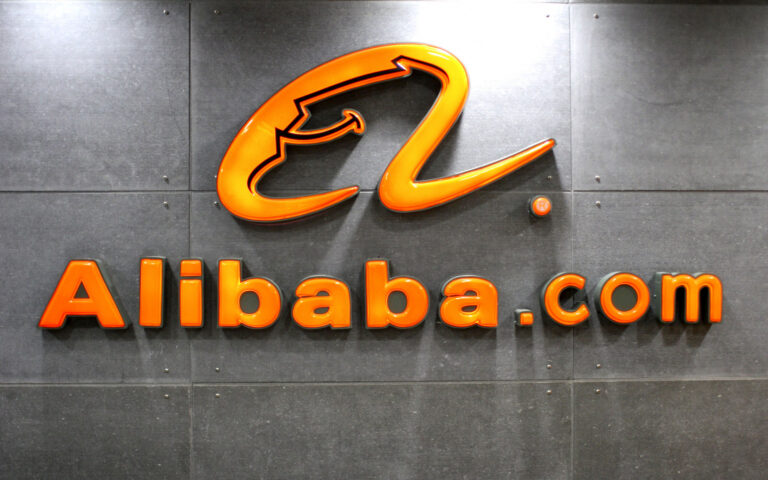African entrepreneurs have long relied on mass-market apps such as AliExpress and, more recently, Temu to source affordable goods from China. While these platforms made low-cost imports accessible, they were never engineered to support businesses that need factory-grade pricing, dependable supply chains, and customised production. That unmet need has paved the way for Midddleman, a Nigerian tradetech company that connects African SMEs directly to Chinese manufacturers and provides a structured, lower-cost alternative for cross-border procurement.
Nigeria’s commercial ties with China highlight the scale of this opportunity. Bilateral trade reached about $22.6 billion in 2023, with manufactured goods making up as much as 80–90% of Nigeria’s imports—ranging from electronics and machinery to plastics and steel. Nigerian importers remain key drivers of this inflow, underscoring the relevance of a platform purpose-built for business transactions.
From small experiments to a breakthrough insight
Midddleman’s journey began far from today’s large-scale vision. In 2018, fresh graduates Omolara Sanni and Adeola Owosho left Abeokuta for Lagos, exploring tech events and searching for direction. Their introduction to China–Nigeria commerce came at a conference hosted by a prominent entrepreneur, sparking their interest in the buy-from-China, sell-online model that was flourishing at the time.
With less than ₦100,000 ($68.5), they placed their first Alibaba order and launched a series of small ventures—from skincare to household accessories—selling whatever they could via Instagram.
But the real challenge wasn’t sourcing or marketing; it was trust.
Customers hesitated to pay before delivery, especially outside Lagos. Some refused pickups; others simply disappeared. Losses piled up. That struggle revealed a deeper truth: Nigerians needed a safer way to transact online.
A failed product that revealed the real problem
In 2023, they attempted to solve the trust gap by launching an escrow platform—also called Midddleman—where the company held payments until both sides were satisfied. Technically, it worked. Commercially, it stalled.
Consumers didn’t trust vendors, but they also weren’t ready to trust a new platform with their money. Building brand credibility required resources the founders didn’t have.
Meanwhile, another crisis was unfolding: paying Chinese suppliers had become extremely difficult.
The pivot that unlocked demand
When Nigerian Naira cards stopped supporting dollar transactions in 2020, importers across the country were stranded. To continue their own business, Omolara and Adeola shifted to 1688—a cheaper, wholesale-focused Chinese marketplace—and relied on Alipay to settle payments in yuan.
They soon realised countless SMEs shared the same struggle: navigating Mandarin-only platforms, paying Asian suppliers, verifying product quality, and managing logistics.
This insight led to a bold pivot. Midddleman was reimagined as a payment and procurement platform built specifically for African importers. Demand surged almost immediately.
“Within days of announcing it, people simply started paying through us,” Sanni recalls. That wave of adoption helped the company reach nearly ₦2 billion ($1.37 million) in processed transactions by 2025.
Beyond retail apps: what businesses actually need
Midddleman’s users outgrew traditional retail platforms. Importers needed direct access to factories—not storefront sellers—alongside help navigating 1688, securing bulk pricing, verifying quality, making yuan payments, and managing cross-border shipping.
According to Sanni, “Temu works if you’re buying a few personal items. Businesses can’t survive on those margins. They need production partners, not retail carts.”
On-ground procurement agents in China
A defining part of Midddleman’s system is its physical presence in China.
To eliminate the fear of receiving wrong or substandard goods, Midddleman deploys agents who enter factories, inspect materials, verify orders, negotiate bulk prices, consolidate goods, and even repackage shipments to reduce costs. This hands-on oversight gives SMEs the confidence that their supplies match expectations.
Clients testify to the difference. One importer, the CEO of Congent Paint, highlighted the company’s responsiveness and reliability after using the service for more than a year.
Sanni also challenges the assumption that China only produces low-grade goods. She notes that product quality reflects price and specifications—many of the world’s top markets source premium items from the same factories.
Using AI to break language barriers
Another longstanding problem is language. 1688 is almost entirely in Mandarin, forcing African importers to rely on clumsy screenshot-and-translate workarounds.
Midddleman replaced this with an AI-powered sourcing tool. Users simply paste a 1688 link, and the platform automatically translates the page into English, displays costs in Naira, and answers product-specific queries—including logistics estimates.
Demand for the tool is so strong that users now purchase AI credits to access it.
A lean startup hitting big numbers
Despite raising only $46,000, mostly from family and friends, Midddleman has processed nearly ₦2 billion ($1.38 million) in transactions. Strategic collaborations, community support, and careful resource allocation kept the business lean while pushing growth.
After several failed attempts to outsource development, the founders shifted technology work in-house. Their CTO, Abiodun Arigbede, became instrumental in creating an MVP strong enough for real-world use and scalable enough to evolve.
A vision extending beyond Africa
While its strongest market is currently within Africa, Midddleman intends to expand globally. As Sanni puts it, “Everyone buys from China—not just Africans. Our goal is to build a global platform, a billion-dollar company born in Africa.”

